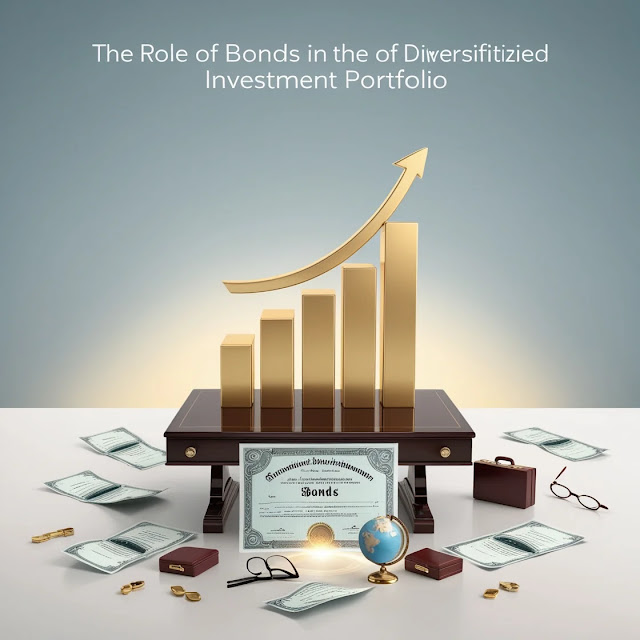The Impact of Corporate Governance on Investments
Corporate governance is the system by which companies are directed and controlled. It influences how organizations make decisions, manage risks, and allocate resources, directly impacting their financial health and attractiveness to investors. In this article, we explore the importance of corporate governance, how it affects investment decisions, and its broader economic implications.
 |
| The Impact of Corporate Governance on Investments |
The Role of Corporate Governance in Investment Decisions
Corporate governance plays a critical role in determining how attractive a company is to potential investors. Strong governance frameworks ensure that companies are well-managed, making informed strategic decisions that align with shareholder interests. Investors seek out businesses with transparent management practices, robust accountability mechanisms, and clear strategic goals, as these companies are more likely to offer steady returns and withstand market fluctuations.
Corporate Governance and Risk Management
Effective corporate governance frameworks are integral to managing risks within a company. By instituting a clear division of responsibilities between the board and management, organizations can better navigate operational, financial, and regulatory risks. Investors view companies with sound governance as lower-risk opportunities, as these firms are typically better equipped to handle crises, avoid legal issues, and maintain steady performance.
Transparency and Investor Confidence
Transparency is a hallmark of strong corporate governance, and it significantly boosts investor confidence. Companies that provide regular, clear, and honest reports on their financial status, operational challenges, and strategic plans tend to attract and retain investors. Investors are less likely to invest in companies with opaque practices or those that hide financial issues, as these practices increase uncertainty and potential for loss.
Corporate Governance and Shareholder Rights
Good corporate governance frameworks prioritize shareholder rights, ensuring that investors have a say in key company decisions. This includes rights related to voting on important issues, receiving timely dividends, and having access to critical financial information. When companies respect and protect these rights, they become more attractive to both individual and institutional investors, leading to increased capital inflows.
The Economic Impact of Corporate Governance
The impact of corporate governance extends beyond individual companies and investors; it also affects the broader economy. Countries with strong governance regulations often experience more robust economic growth, as they foster environments that promote trust, investment, and innovation. On the contrary, weak governance systems can lead to corruption, economic instability, and reduced investor confidence, ultimately hampering economic development.
Questions and Answers
How does poor corporate governance affect investments?
Poor corporate governance can lead to mismanagement, increased risk, and a lack of transparency, all of which deter investors. Companies with weak governance practices are more prone to financial fraud, inefficient decision-making, and regulatory violations, which can result in significant financial losses for investors.
What role does the board of directors play in corporate governance?
The board of directors is a central component of corporate governance, responsible for overseeing management, setting strategic goals, and ensuring that the company operates in the best interests of its shareholders. A strong, independent board can significantly enhance governance by holding management accountable and reducing conflicts of interest.
Can corporate governance impact a company’s stock price?
Yes, corporate governance can have a direct impact on a company’s stock price. Companies with strong governance practices are generally perceived as lower-risk investments, which can lead to higher demand for their stock and, consequently, higher prices. Conversely, governance scandals or failures can cause sharp declines in stock value.
What are the global trends in corporate governance?
Globally, there is a growing emphasis on environmental, social, and governance (ESG) factors. Investors are increasingly looking at how companies incorporate sustainability, ethical practices, and good governance into their operations. This trend is reshaping corporate governance policies around the world, with more companies adopting ESG-focused frameworks to attract socially conscious investors.
Conclusion
Corporate governance has a profound impact on investment decisions, risk management, and shareholder rights. Companies with strong governance frameworks are better equipped to navigate market challenges, maintain investor confidence, and deliver consistent returns. As global trends shift towards more transparency and accountability, the importance of corporate governance will continue to grow, making it a key factor in determining the success and attractiveness of businesses to investors.





